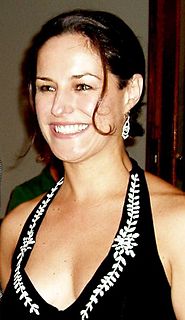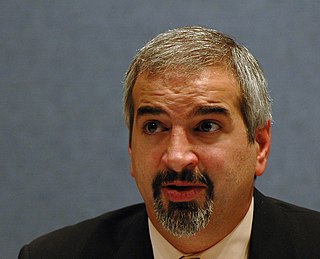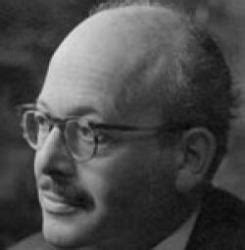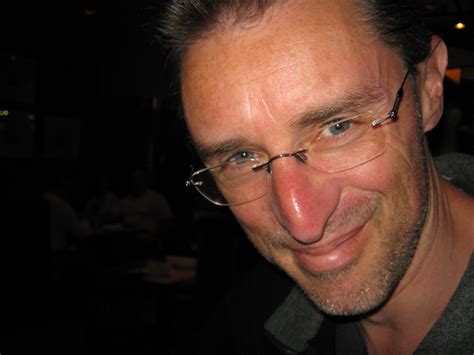A Quote by Karl Kraus
A historian is often only a journalist facing backwards.
Related Quotes
But courage in fighting is by no means the only form, nor perhaps even the most important. There is courage in facing poverty, courage in facing derision, courage in facing the hostility of one's own herd. In these, the bravest soldiers are often lamentably deficient. And above all there is the courage to think calmly and rationally in the face of danger, and to control the impulse of panic fear or panic rage.
I am an idealist. I often feel I would like to be an artist in an ivory tower. Yet it is imperative that I speak to people, so I must desert that ivory tower. To do this, I am a journalist - a photojournalist. But I am always torn between the attitude of the journalist, who is a recorder of facts, and the artist, who is often necessarily at odds with the facts. My principle concern is for honesty, above all honesty with myself.
When I meet a historian who cannot think that there have been great men, great men moreover in politics, I feel myself in the presence of a bad historian, and there are times when I incline to judge all historians by their opinion of Winston Churchill -- whether they can see that, no matter how much better the details, often damaging, of man and career become known, he still remains quite simply, a great man.





































